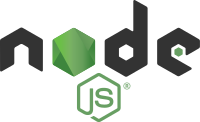Which distribution to choose from the RHEL family?
In today’s post we are going to recommend which distro use, from the RHEL family, for office environments and which one for a business environment.
Which distribution to choose from the RHEL family? Read More »







